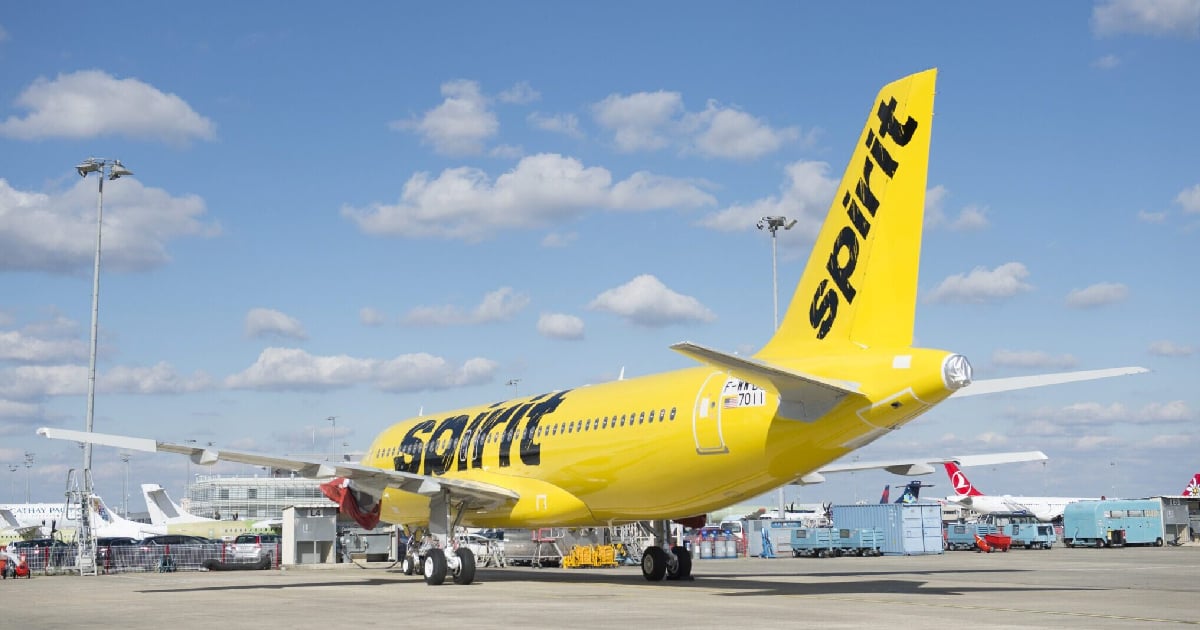In the wake of gunfire incidents involving two U.S. commercial planes—a Spirit Airlines and a JetBlue aircraft—operating at Toussaint Louverture International Airport in Port-au-Prince, the Federal Aviation Administration (FAA) has implemented a temporary ban on all flights from the United States to Haiti.
The FAA's directive, effective for 30 days, mandates that aircraft must not fly below 10,000 feet over the island nation, according to Local 10 News. The flights impacted by the gunfire included Spirit Airlines Flight 951, en route to the Haitian capital from Fort Lauderdale, which had to make an emergency landing in Santiago de los Caballeros, Dominican Republic.
A JetBlue flight, also affected, had departed Haiti and landed at New York's John F. Kennedy Airport. Spirit Airlines confirmed in a statement that the aircraft inspection showed damage consistent with bullet impacts.
Despite the pilot's swift action to remove the plane from the danger zone, a flight attendant was struck by the bullets. Fortunately, her injuries were reported to be minor.
Heightened Security Amid Escalating Violence
Local 10 reports this incident as part of increasing violence in Haiti. On Tuesday, Port-au-Prince saw a significant police presence with armed officers in armored vehicles stationed outside the airport, inspecting public transport trucks passing through.
Furthermore, schools remained closed, as did banks and government offices. The streets, where fierce gun battles between gangs and police had erupted just the day before, were eerily empty, with few vehicles in sight.
Political Instability and Governance Crisis
The country is grappling with a palpable governance crisis. Recently, a transitional council, tasked with restoring democratic order in Haiti—where elections have not been held since 2016—decided to dismiss the interim Prime Minister, Garry Conille. Conille frequently clashed with the council during his six-month tenure in office.
